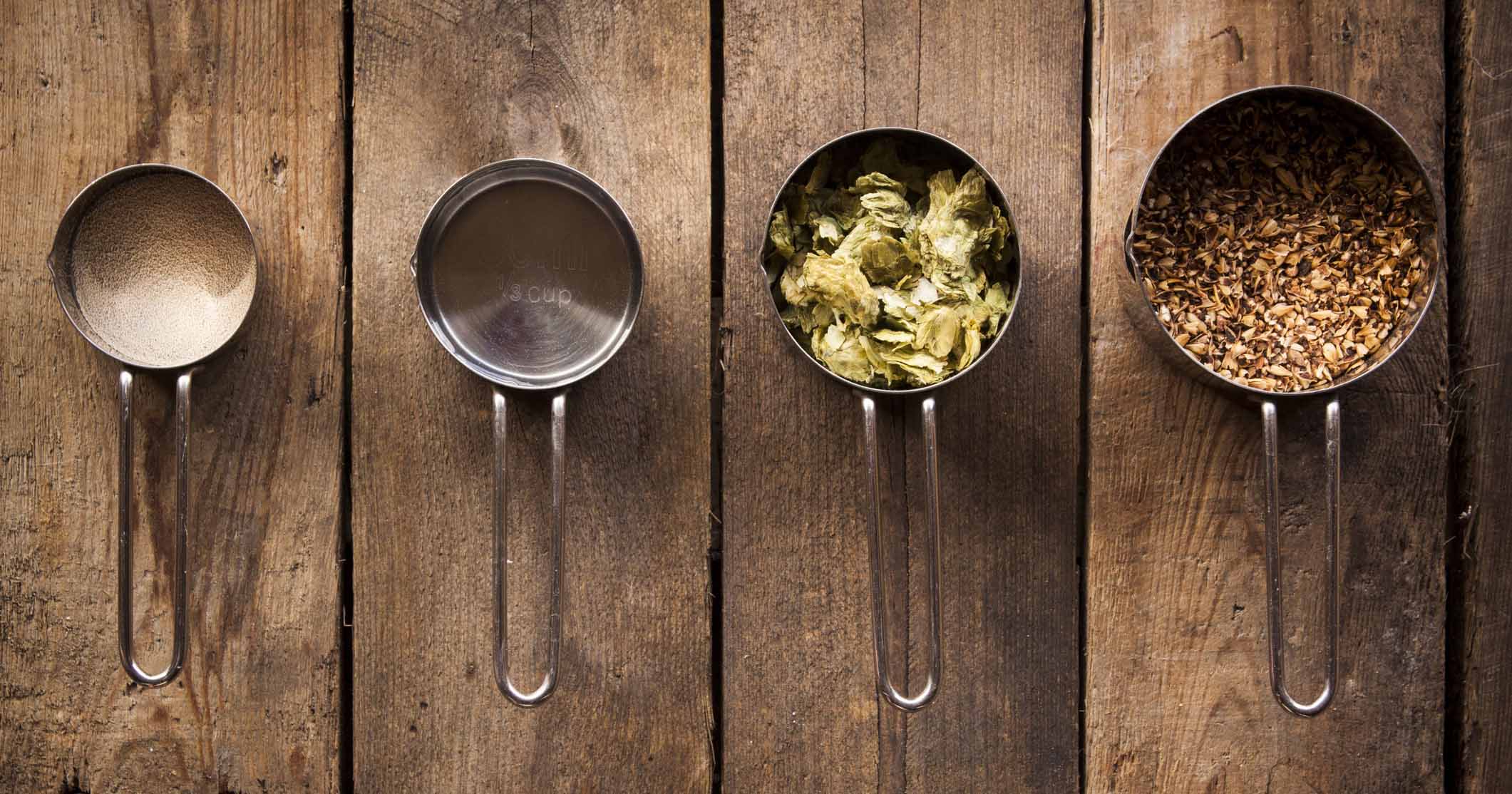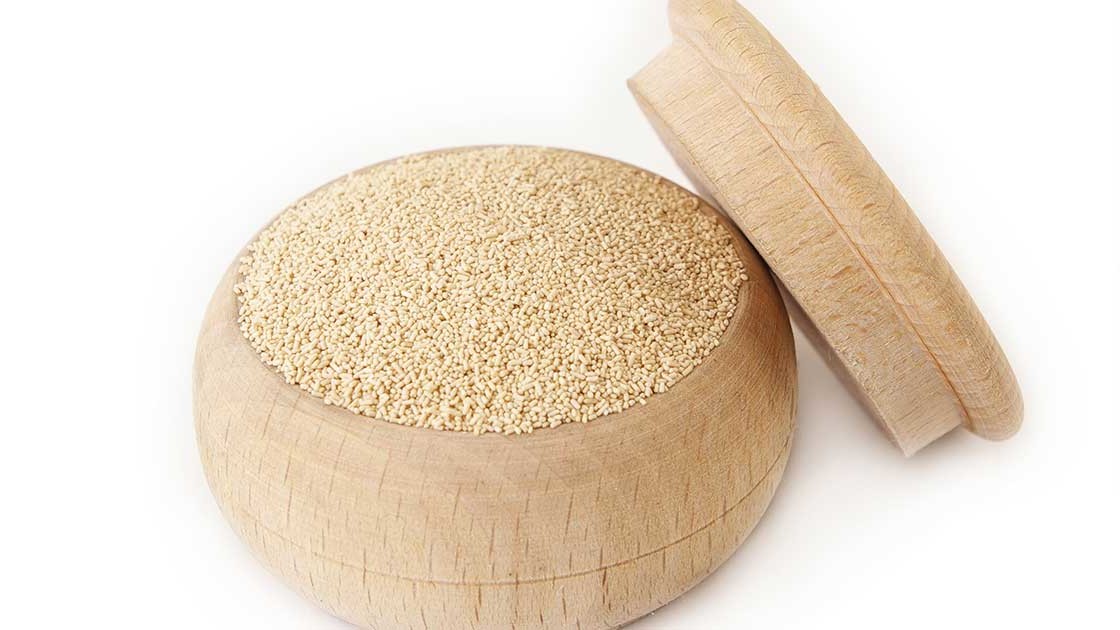As spring warms the peaks of the Rocky Mountains, creeks, rivers and streams rise with fresh water. It flows through canyons and valleys, until it’s poured directly into giant kettles at your favorite local brewery.
Alright, it turns out there are a couple more steps before that famous Rocky Mountain spring water is transformed into one of Colorado’s many fine brews — although not as many as you might think.
Regardless, the craft-beer scene is exploding in Colorado, putting it among the top five states for both breweries per capita and total number of breweries. There are several reasons why beer is big business in the Centennial State, but today we’re focusing on one of the most fundamental: water.
Life isn’t possible without water, and neither is beer
“Whether you’re in Germany, England or Colorado, there are literally four ingredients needed to brew beer: water, yeast, malted barley and hops,” says Jerry Siote, Director of Brewing and Operations at Lone Tree Brewing Co.
Four ingredients. Sounds simple, right? But, under a microscope, “each one becomes extremely complex, especially water and water chemistry.” And water makes up the vast majority of that double IPA in your fridge — or any style of beer, for that matter.
Siote says it practically takes a PhD to fully understand your water’s chemistry makeup and achieve maximum effect in the finished product. From coloring to taste to how the beer feels in your mouth, it all begins with the makeup of the water you’re using.
“We’re lucky in Colorado”
It turns out Colorado’s water is extremely well suited for brewing great tasting beer, no matter the style.
“We’re very lucky in Colorado, where the water is really not that far from runoff. The amount of treatment needed is limited to the point where everything coming out of the tap is perfectly suitable for brewing with slight mineral adjustments and simple filtration.”
While most breweries, including Lone Tree, use additional filtration to enhance the final product, it’s not as vital in Colorado compared to other brewing regions in the country. This means brewers don’t need to invest as much in water treatment and can create best-in-class beers across a wide variety of styles.
Colorado’s water chemistry helps business boom
What is Colorado’s water chemistry like, anyways?
Siote calls it an “agreeable” mix of magnesium, sodium, sulfates, bicarbonates and calcium, all of which add up to determine a water’s hardness, and ultimately its suitability for brewing. Most large systems that feed Colorado breweries have a middle-of-the road mix, making it ideal for brewing a variety of styles.
“I think that’s why you see so many breweries do well here,” Siote notes. “[Brewers] can manipulate the water to become whatever they want. We don’t have to do a ton of added work. Our water can get you 80-90% of the way there, and the remaining 10-20% of mineral and pH adjustments make you stand out at the judging tables.”
Whether brewing a California-style IPA, a Düsseldorf-style Altbier or a Mexican-style lager (for which Lone Tree won a gold medal at the 2017 Great American Beer Festival), it all starts with mimicking the water of the region where that style of beer was developed. And Colorado’s water is ideal for tweaking.
Brewers add “brewing salts” to mineral compositions, along with other brewing aids, to find the perfect range of acidity and alkalinity levels that create that perfect sip of beer. “We use components to alter the mix of minerals and levels to fit the local style,” Siote says.
Suggested Reading:
This middle of the road water chemistry is a major reason why Colorado has so many breweries excelling in different styles of beer from around the world. In the Czech Republic, which Siote says is notorious for its soft water, brewers would have a difficult time mimicking a beer with the hard water of somewhere like Northern Germany, requiring additional treatment and treatments that could ruin the beer’s final outcome.
In Colorado, whether you want to make a British-style beer, German, Belgian, American or something you completely make up, the water chemistry supports it all.
What if I’m not a scientist? Can I still enjoy beer?
Luckily for Colorado’s avid beer drinkers, you don’t have to know whether gypsum was added to increase the hoppy bitterness of the IPA you love at the brewery next door. There’s a plethora of very smart, very dedicated brewers and brewery professionals doing it all for you behind the scenes.
The next time you’re having a brew, you might think about the well-balanced mix of minerals that started the process. Or you might just be thinking about how great it is to have so many great breweries in your backyard.
It’s your call, and luckily no matter how you think about it, beer will continue to thrive in Colorado, thanks to its water.
For Lone Tree’s current brews on tap, click here.


